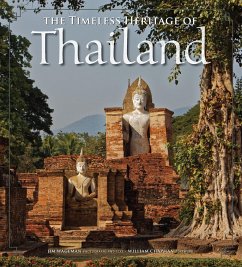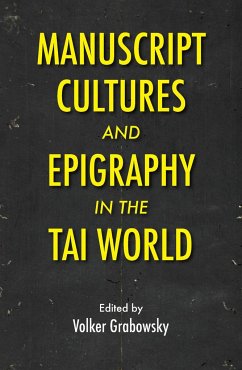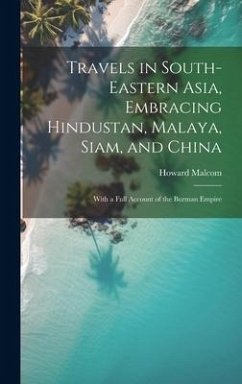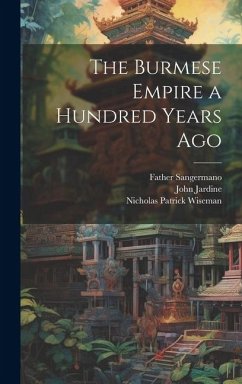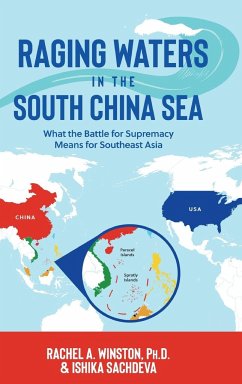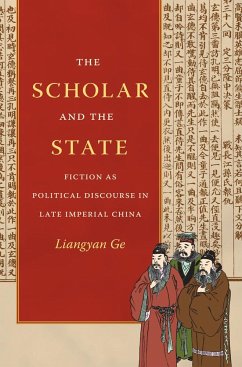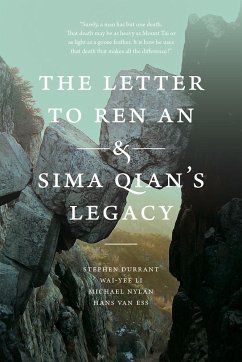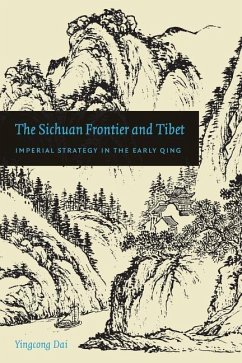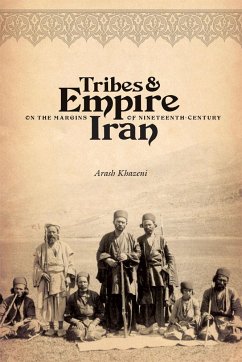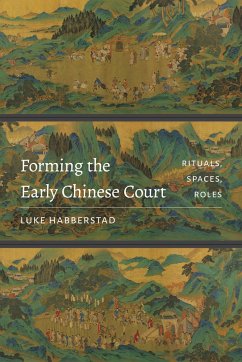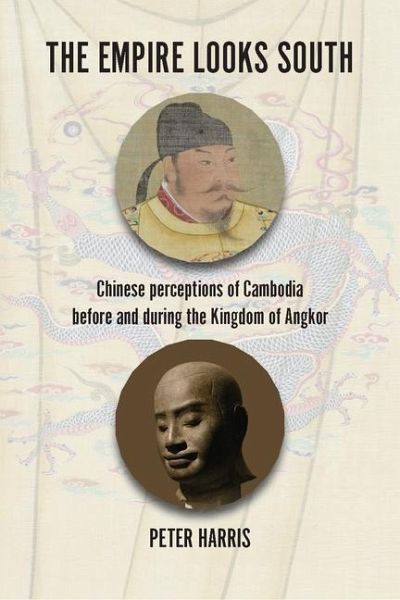
The Empire Looks South
Chinese Perceptions of Cambodia Before and During the Kingdom of Angkor
Versandkostenfrei!
Versandfertig in über 4 Wochen
62,99 €
inkl. MwSt.

PAYBACK Punkte
31 °P sammeln!
The most famous firsthand account of the Kingdom of Angkor was left by the imperial Chinese envoy Zhou Daguan. But Zhou's was not the only portrait of Angkor and the kingdoms that came before it. The Empire Looks South draws on other sources to provide new and engrossing perspectives on early Cambodia up to and including the time of Angkor. These sources include accounts in official Chinese histories, descriptions by Buddhist monks, reflections of Daoists searching for immortality, and reports by Chinese merchants seeking perfumes and other exotic goods. The first kingdom of Cambodia, Funan, w...
The most famous firsthand account of the Kingdom of Angkor was left by the imperial Chinese envoy Zhou Daguan. But Zhou's was not the only portrait of Angkor and the kingdoms that came before it. The Empire Looks South draws on other sources to provide new and engrossing perspectives on early Cambodia up to and including the time of Angkor. These sources include accounts in official Chinese histories, descriptions by Buddhist monks, reflections of Daoists searching for immortality, and reports by Chinese merchants seeking perfumes and other exotic goods. The first kingdom of Cambodia, Funan, was centered on the lower Mekong. After its mysterious demise in the seventh century, Funan was succeeded by Zhenla, the Chinese name for Cambodia until the time of Zhou Daguan. Peter Harris provides details of the kingdom of Funan. He then describes the royal government and customs of Zhenla, while taking account of Cambodia's likely fragmentation at the time into several polities. The book concludes with accounts of Angkor in its final centuries, including an updated translation of Zhou Daguan's Record.



